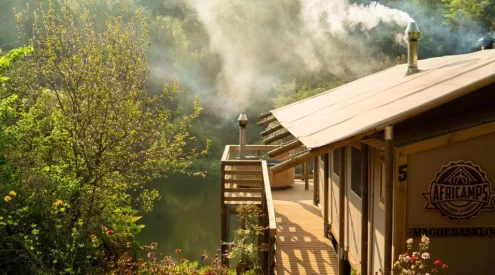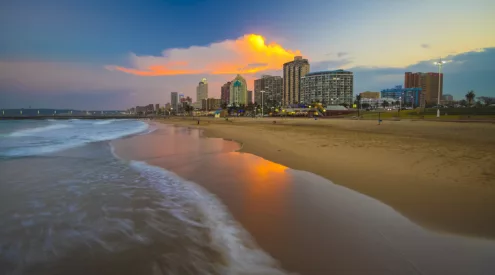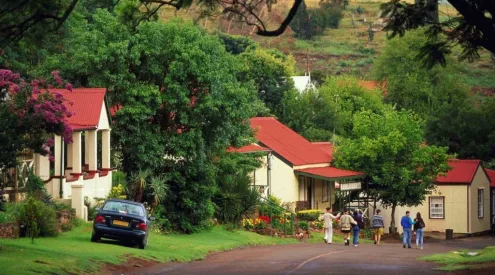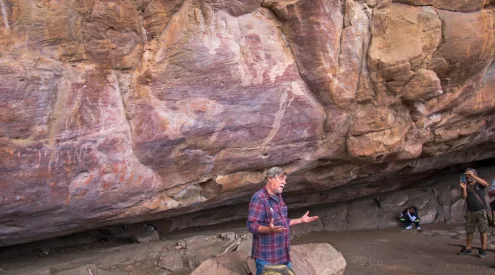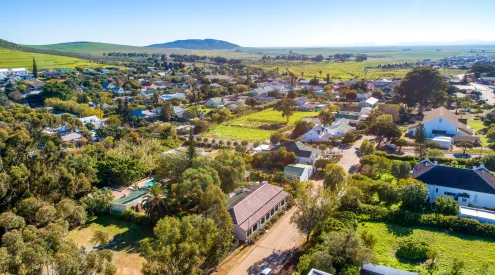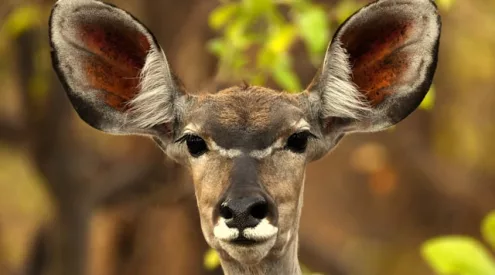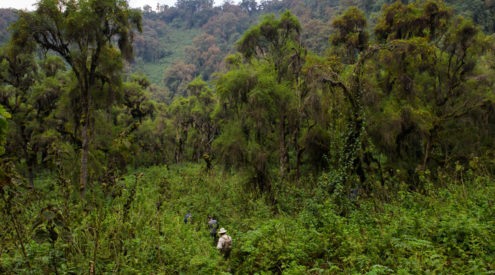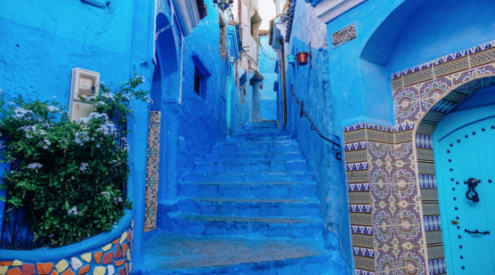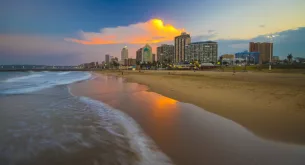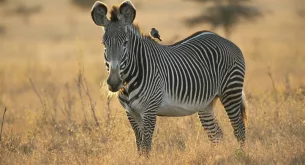In a landmark moment for the African continent, South Africa will host the 2025 G20 Summit — the first time this prestigious global gathering will be held in Africa.
Scheduled to take place in Johannesburg on November 22–23, the summit will bring together heads of state, finance ministers, central bank governors, and global decision-makers to discuss and shape policy on some of the world’s most pressing economic, social, and environmental issues.
For South Africa, this isn’t just a diplomatic milestone — it’s an opportunity to position the country as a powerful voice in global governance, showcase its tourism and investment potential, and highlight Africa’s developmental priorities.
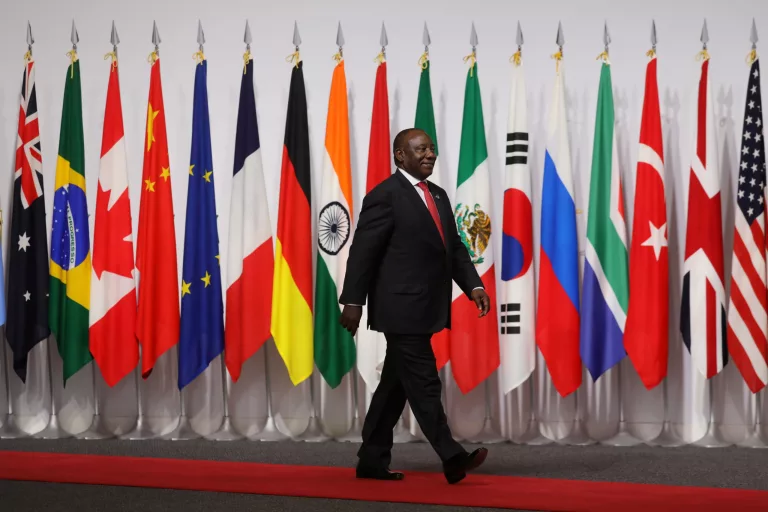
Ludovic Marin/AFP via Getty Images)
Why the 2025 G20 Summit matters
The Group of Twenty (G20) comprises 19 of the world’s most industrialised and emerging economies and the European Union. Collectively, these nations represent more than 80% of global GDP and two-thirds of the world’s population. The rotating presidency of the G20 carries influence, offering the host nation a chance to set the agenda and draw attention to regional concerns.
Under the theme “Solidarity, Equality, Sustainability,” South Africa has committed to championing inclusive development. Its key focus areas include:
- Inclusive economic growth and industrialisation: A push for job creation, value-chain development, and equitable access to global markets.
- Food security: Strategies to combat hunger, support small-scale farmers, and build climate-resilient agricultural systems.
- Harnessing Artificial Intelligence and innovation: Encouraging ethical AI development and bridging the digital divide.
- Sustainable financing: Advocating for reforms in global financial institutions to serve developing economies better.
“This presidency is more than symbolic,” said South African President Cyril Ramaphosa in a 2024 address. “It is a clarion call for equity in global governance and investment in Africa’s future.”
A tourism opportunity of global scale
For the local tourism industry, the 2025 G20 Summit is a golden opportunity. Hosting thousands of delegates, security personnel, media representatives, and civil society groups from around the world, the event will generate significant economic activity — from luxury accommodations and restaurants to guided tours and cultural experiences.
According to South African Tourism, the country anticipates over R1.2 billion in direct tourism revenue from the summit. Key attractions in and around Johannesburg — such as the Apartheid Museum, Constitution Hill, and Soweto’s Vilakazi Street — are expected to feature prominently in curated summit itineraries. Hotels and lodges in Gauteng are already preparing for the influx.
The Portfolio Committee on Tourism has also confirmed increased investment in visitor safety, event infrastructure, and multilingual hospitality training.
ALSO READ: Monster storm to hit Southern Africa this week
South Africa’s G20 history and role
South Africa has been a member of the G20 since its inception in 1999. It is the only African nation in the group, often acting as a voice for emerging markets and the broader Global South. Over the years, South Africa has used its seat to advocate for climate justice, trade reform, and better representation for developing economies in institutions like the World Bank and IMF.
Hosting the summit in 2025 signals the maturity of South Africa’s diplomatic engagement and affirms its role as a regional powerhouse. Logistically, the summit represents a massive undertaking. Preparations are already underway to secure venues, upgrade airport infrastructure, and deploy high-level security. Johannesburg’s Sandton Convention Centre, known for hosting global events, is expected to be the main summit venue.
However, the summit is not without geopolitical tension. U.S. Secretary of State Marco Rubio has reportedly declined attendance, citing policy disagreements around South Africa’s land reform and international stance, as reported in an article by the Economic Times.
This highlights the complexities of global diplomacy — and the tightrope South Africa must walk to assert its priorities without alienating key partners.
Legacy and long-term impact
Beyond the two-day event, the G20 Summit is expected to leave a lasting legacy in terms of tourism infrastructure, international perception, and diplomatic capital. South Africa aims to use the momentum to secure future high-profile conferences and trade delegations, further embedding Johannesburg as a global city.
Many are comparing this moment to 2010, when South Africa hosted the FIFA World Cup — a unifying event that put the country in the global spotlight and boosted national pride. Tourism operators hope that 2025 will ignite a similar wave of interest and growth.
“If done right, this summit could mark the beginning of a new tourism boom,” said Thabo Mokgola, a Johannesburg-based travel consultant. “South Africa is ready to take the world stage — and not just for a weekend.”
As the countdown to the 2025 G20 Summit begins, South Africa stands at a historic crossroads. It has the platform, the story, and the people to make this summit a defining moment — not just for itself, but for the entire continent. For travelers, it’s an invitation to witness a country shaping the future while proudly honouring its past.
Follow us on social media for more travel news, inspiration, and guides. You can also tag us to be featured.
TikTok | Instagram | Facebook | Twitter
ALSO READ: Best places to see most endangered animals in Africa & tips for ethical and responsible tourism



